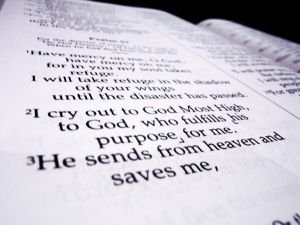Quite an exhilarating Choral Evensong last night.
Three ribbons to give out to young choristers to indicate their achievements and then straight into an exciting musical service.
The psalm was 148, which is one of my favourites, particularly in the setting that they sing here. In common with very many choral churches, we usually sing from the Coverdale translation of the psalms. It is a glimpse back to a time when the scriptures were first being translated into English and sometimes you can catch how exciting that must have been.
Apart from the fact that the following couplet appears to contain the perfect Glasgow weather forecast, who can’t enjoy singing about dragons and all deeps praising the Lord?
Praise the Lord upon earth ye dragons, and all deeps;
Fire and hail, snow and vapours wind and storm, fulfilling his word;
If even the dragons can be part of the world’s great symphony of praise, there must be hope for us all.
The language of the Coverdale psalms, tricky, anachronistic, out of date and bizarre is also paradoxically wonderful for talking about faith with children.
After the psalm and an highly chromatic office hymn that was new to me, we were swooping along into the Magnificat and Nunc Dimittis by Dyson in D. (Dicing with Death, the choir call it). Magical moments, particularly at the end of the Mag. However, the choir managed to save something special for the anthem, I saw the Lord by Stainer. High point of the day was reached at the k in the phrase, “and the temple of the Lord was filled with smoKe”
And yes, if you were paying attention, I did, in the intercessions, ask the Holy and Blessed Trinity to protect us from religion that is dull or humourless.
Let all the people say,
“Amen”

Recent Comments